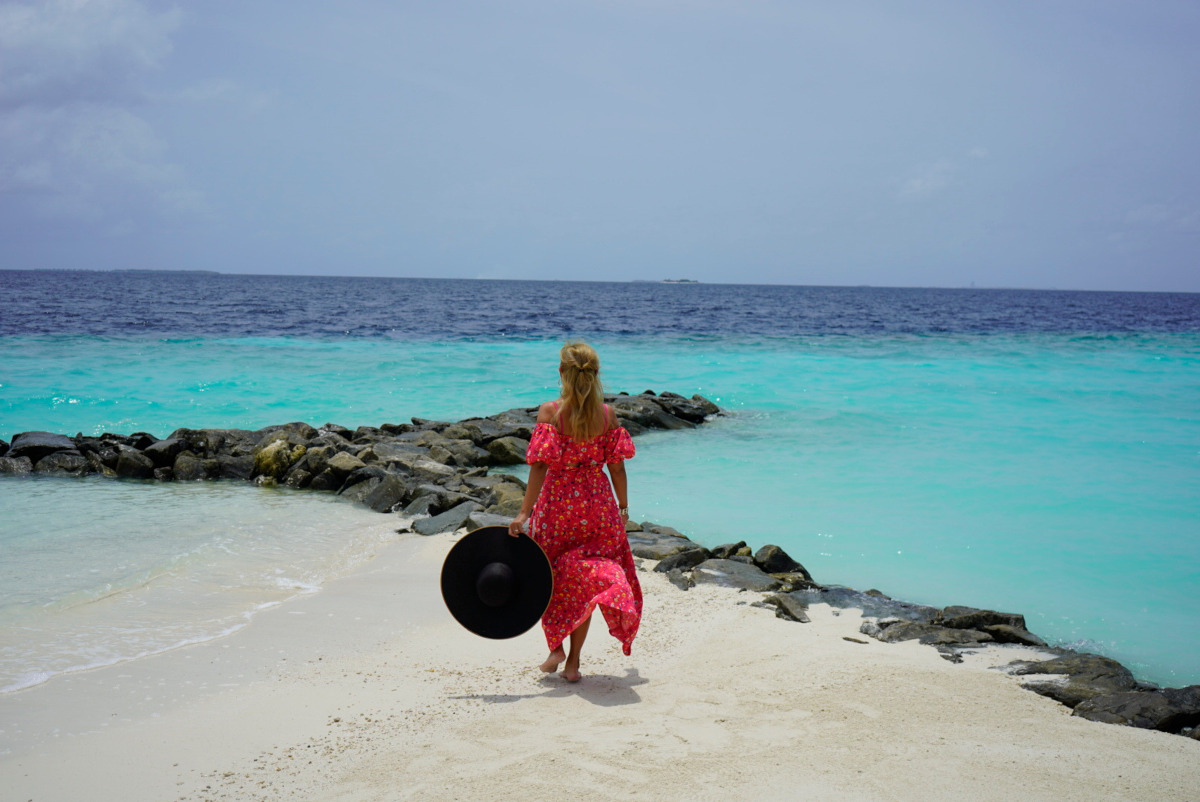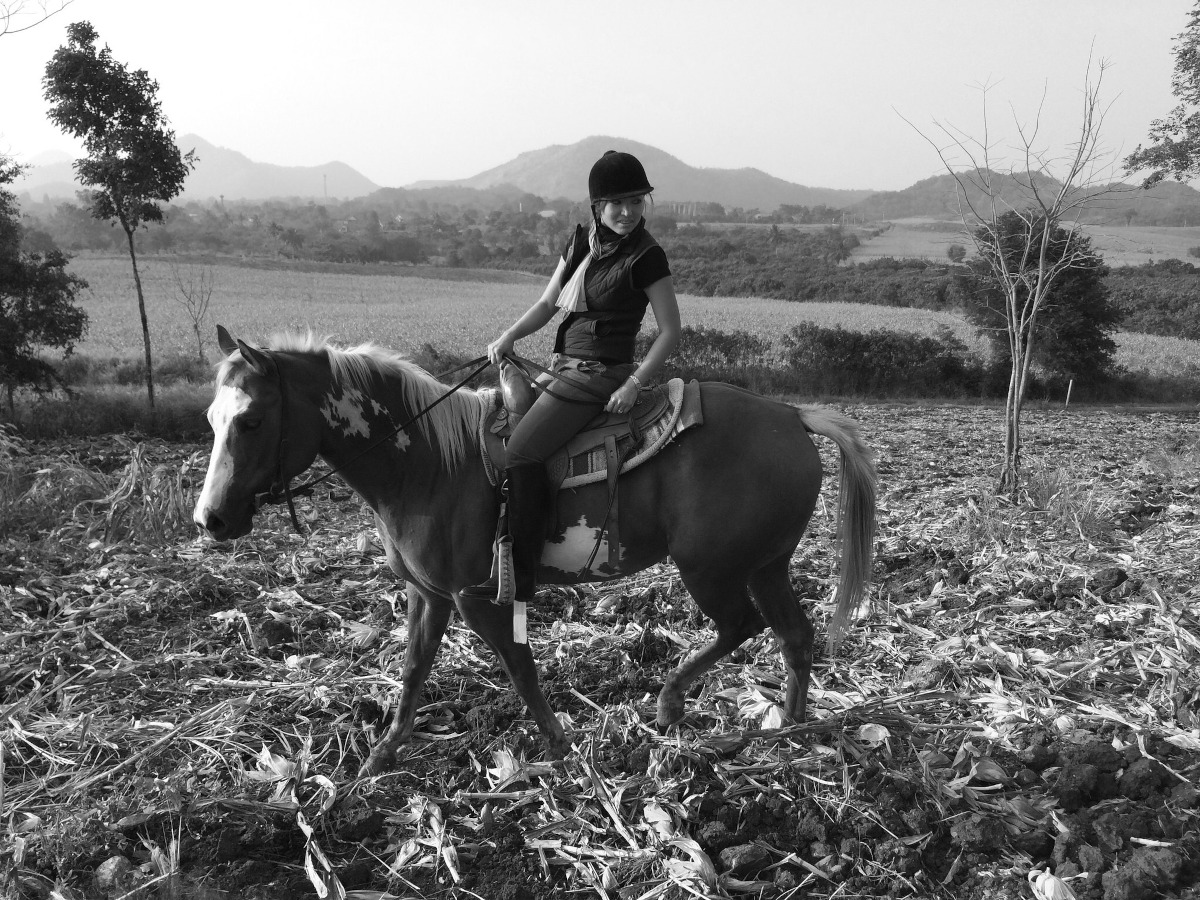
A World You Don’t Belong
by Sienna Frost for Fantasy Book Cafe
“Why do you write?” is one of the questions every writer finds themselves answering at some point, and the replies often range from “I have to or I’ll go crazy” to “I want to be a New York Times bestselling author,” with most ending up somewhere closer to “I didn’t know it pays less than being a janitor!” My own reasons include many of these things, but at the very heart of it, there’s something else quite disturbing that keeps making me write.
I was born sensitive yet stubborn—a problematic combination that draws in bullies because I’m easily hurt, and when you refuse to bend to the world, what begins as an easy target becomes the target. Going against trends to stand your ground makes you a heretic, and people anywhere will burn heretics when they see one, whatever that word means to them at that point in time.
Stubbornness made my life difficult (it still does), and had I been more willing to bend I would have fit in more easily like everyone else. But I was born with an ability to tap into another world that bends to me and that made me even less willing to adapt. By six I was rushing back from school to fight imaginary creatures with an army behind my back and a kingdom that cheered for me. By ten I hadn’t abandoned my imaginary friends, I had an entire imaginary world running with a cast list bigger than Game of Thrones’ at my beck and call. All I had to do was endure a world I don’t belong when I must, and slip into one where I’m wanted every time I had the opportunity. I didn’t like the real world, so I created another one for me. I hated real humans in my life, so I created fictional ones. Blurring the line between reality and imagination was my superpower. It was how I survived.
By twelve I was gifted my first novel to read. It was a Thai novel, I enjoyed it, but it still didn’t beat the stories in my head. What it gave me was a glimpse of another superpower that could be mine. I found a way to build a physical gate to my imaginary world. All I had to do was record these stories in words, then pick up the book whenever I need to meet my imaginary friends. By fourteen I was writing a novel of my own. By sixteen I finished my first trilogy. I spent the next two decades hopping from one continent to another to find a reality I might fit in, and since I couldn’t find one, I kept on writing. I wrote for my eyes only. I wrote because reality disappointed me. I wrote because it was the only thing that kept me living when I couldn’t find another reason why I should.
I have a family now, a loving husband and two children who gave me a world I want to live in, even though it’s roughly the size of my condo unit. Since then writing has become the equivalent of creating my own TV series to watch. After two decades of writing in the closet, I tried writing fan fiction for the first time to share on the internet. I had fun, it blew up, readers told me to write and publish originals, and so I did. I made myself a published author by popular demand, and with it, I opened a gate to hell.
My world, my private, protected space, my sanctuary is now a tourist attraction, a place anyone can come into anytime to attack and hurt me.
But I’ve also discovered something else: every time a reader enters my world and wants to stay in it, that world now exists in another person’s mind. It’s not just me now. I have a family of people who know my imaginary friends and love them too, and the bigger that family grows, the more real my fictional world becomes, the more comfortable I feel with reality because, look, there are people like me here, and I’m not as alone as I thought I was. Readers are the bridge between reality and a writer’s imagination. I will never need readers to write, but the more readers I have, the less I hate my reality, the bigger my place in the world becomes.
It’s a life-changing journey and why I encourage writers to publish as an indie if they can’t get in the door for traditional publishing. Whether the book takes off or not, you will have experienced this at least once before you die, which is not something everyone can say. But there’s just one problem we all have to face: when you share or publish, your ability to play God gets put to the test, and here’s where you face the horror of getting answers to your worst fear: Are there people like you in the world and how many?
Publishing comes at a heavy cost, especially when you’re an indie, and I’m not talking money. Everyone who’s ever done it are locked in this marketing purgatory with no exit. No matter how well you do, the battle continues as expectations are raised and anxiety increases. You’re never happy, it’s never enough, and the higher you climb, the harder you fall, the deeper and more numerous your scars.
Of all the different categories of indies, I’m among the most unfortunate. I’m Thai, and when you’re trying to write in a foreign language people assume immediately that your standard must be low. I live in Bangkok, and the time difference means my social media interactions and interviews are either done while I’m sleeping or my potential readers are sleeping. My book was published without me being able to touch my paperback for months. I can’t sell in many places, organize a book tour, make an audio book with profit share, sign my paperbacks, or sell direct to readers because I don’t live in the right country. I’m a woman running a full-time business with two children to take care of, which means the only time I have to write is between 5am–9am before I go to work. I published my first book at 44—an age most people say is too old to start. I tick all the wrong marks by birth and factors I have no control over. And to top it off, I chose to write fantasy—a genre dominated by men. I have entered yet another world I don’t belong.
People have asked me how I deal with it, especially being a woman in this industry and a mainland POC to boot. Do I think things are hard? Yes. Have I been discriminated against, underestimated, generalized, and labelled before my book is even sampled? Yes. Am I angry or discouraged about these things? Not at all. Life has never been easy, fair, or kind to me, and I wouldn’t be alive today if I needed it to meet my expectations to survive.
But are they right? Do women write horrible fantasy? I don’t know. I haven’t read every fantasy written by women and men and made a comparison of averages, but I’ve read enough to know being a woman doesn’t imply you write bad fantasy. Do many people think that way despite the popularity of so many female fantasy authors? I don’t know. I haven’t seen a proper survey. I’ve seen fights on Twitter that supported either side between maybe ten followers out of the 12,000 I have while the rest stayed silent. These questions are not easily answered, and if I try I’d be more or less generalizing based on who’s being the loudest or from my personal experience, which, let’s face it, doesn’t represent humanity as a whole. I don’t even represent members of my own house.
My point is, maybe they’re statistically right, or maybe they’re wrong about women being inferior in writing fantasy, the fifty other things they say we can’t do, or where each of us do or don’t belong. If you ask me what I think, I’d say, frankly, I don’t give a damn.
I’ve survived a world I don’t belong by writing for decades. I’ve survived worse things than being a woman writing fantasy in a foreign language. I will probably never fit in anywhere and the world will never accommodate people like me. It doesn’t matter. I didn’t start writing to be validated by the majority. I never have.
If I know a thing or two about humanity, it is that most people, anywhere, in any era, will discriminate against outcasts and minorities until they succeed. I’ve learned, that if we want to change something for the outcasts we identify with, then first we must succeed without changing who we are, by doing what we do, and then they’ll listen.
The world alienates us all from the moment we’re born, and it’s always up to us find our own place in it. Writers and creative artists have the power to connect people and give them that place, however small it may be. That’s a superpower writers often forget in the pursuit of fame and monetary success. That’s another reason to write and keep writing even if you can’t make a cent from it. We are fiction writers, born with the ability to bend reality by creating an imaginary universe and making people believe it exists. We can use that superpower for money and fame, then be disappointed when we find out it pays less per hour than cleaning toilets, or we can use it to bring people like us together. I believe that’s why many indies will still write and publish, never mind what the world says about us, or how many copies we sell: to survive a world we don’t belong.
We are fiction writers, born with the ability to bend reality by creating an imaginary universe and making people believe it exists.



